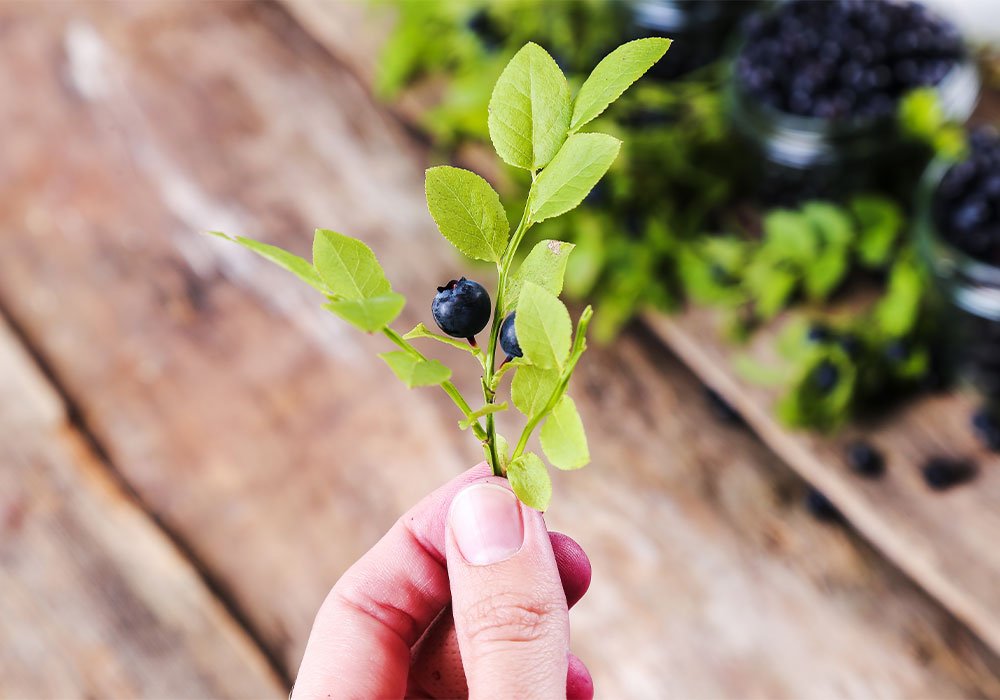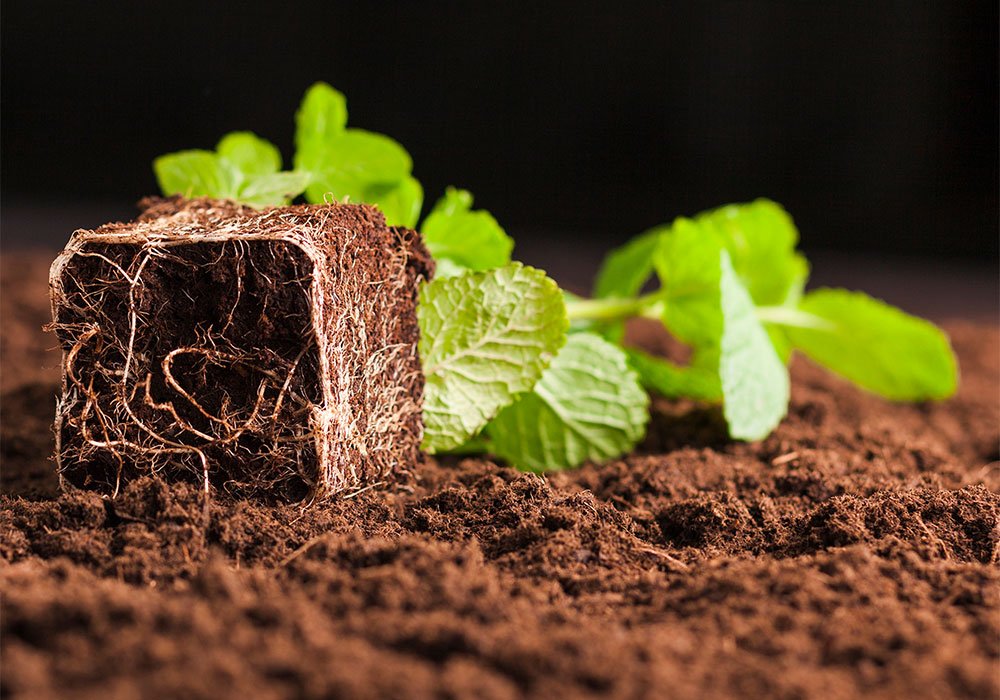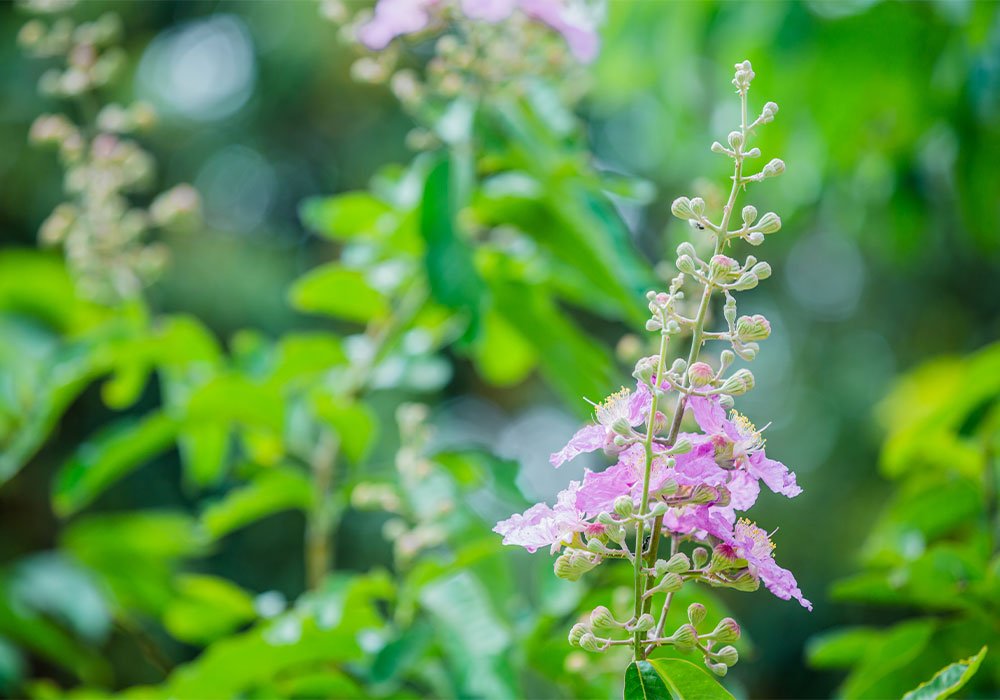Organic Mineral Fertilizer
Mineral fertilizers are materials, either natural or manufactured, containing nutrients essential for the normal growth and development of plants.

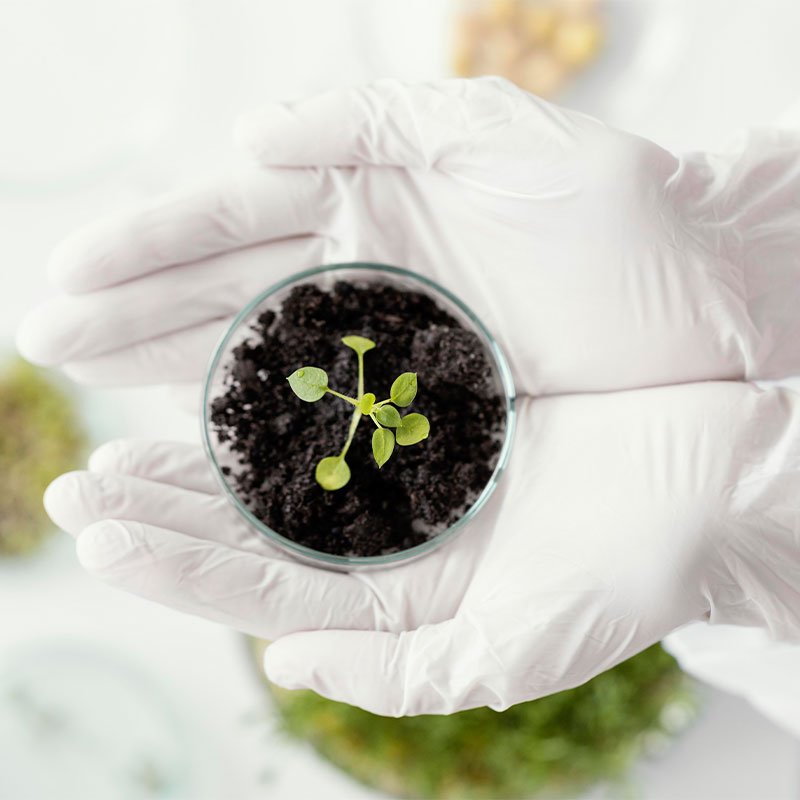
Here are some additional benefits of composting
Rock phosphate is a naturally occurring mineral that is used as a source of phosphorus for agricultural purposes. It is found in many parts of the world, including the United States, North Africa, and the Middle East.
Raw langbeinite is a naturally occurring mineral that is used as a source of potassium, magnesium, and sulfate for agricultural purposes.
Rockdust, also known as rock powder or stone dust, is a finely ground rock material that is used as a soil amendment in agriculture and horticulture.
Unprocessed natural potassium sulfate, also known as sulfate of potash (SOP), is a naturally occurring mineral that is used as a source of potassium in agriculture.
Minerals are also an important component of the soil.
01
Rock PhosphatePhosphorus is an essential nutrient for plant growth and development, and rock phosphate is one of the primary sources of this nutrient for plants. When rock phosphate is applied to soil, it slowly releases phosphorus over time, providing a long-term source of this important nutrient for plants.
02
Raw LangbeiniteLangbeinite is a complex mineral composed of potassium, magnesium, and sulfate ions that are tightly bound together. When langbeinite is mined and processed, it is typically ground into a fine powder or granules that can be applied to soil.
03
RockdustRockdust contains a wide range of minerals and trace elements, including calcium, magnesium, iron, and zinc, which can help to improve soil fertility and support healthy plant growth. The minerals in rockdust are often in a form that is more easily accessible to plants compared to synthetic fertilizers.
Minerals play an important role in the improvement of soil’s physical and chemical properties.
Mineral fertilizers provide large amounts of nutrients
Build out of natural components form animal or vegetable origin and enriched with chemical (mineral or synthetic) materials. These fertilizers containing minimum 25 % organic matter and are working faster (but shorter) than the fully organic fertilizers. The organic components in these types of fertilizers increases the formation of humus in the soil.
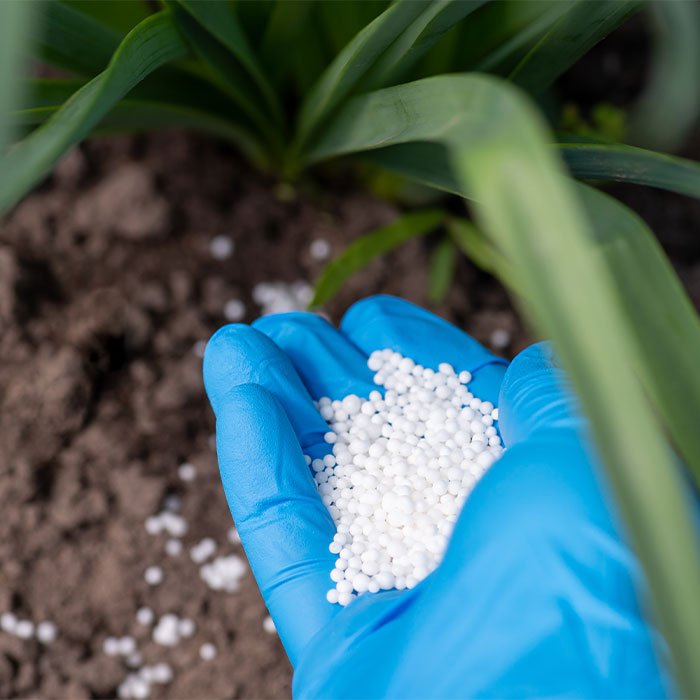
Organic Mineral Fertilizer
Fertilizers Organo-Mineral
All these products which are obtained by reaction or by the mixture of one or more organic fertilizers with one or more simple or compound mineral fertilizers are into the category of mineral organ fertilizers.
